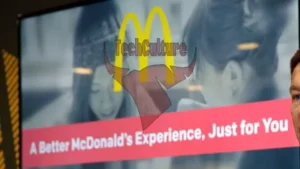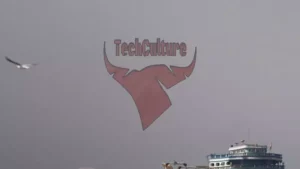In today’s ever-evolving workplace, the use of generative artificial intelligence (GenAI) tools is becoming increasingly commonplace. Over a quarter of employees are currently utilizing GenAI at work, often without the formal approval of their employers. Furthermore, an additional 32% expect to incorporate these tools into their workflows soon. Clearly, the penetration of this technology is on an upward trajectory, with or without oversight. However, this brings about a critical conversation on the implications for both employees and employers.
Managers seem to be more than willing to embrace this technological shift, with 66% expressing a preference for replacing employees with AI tools if the output is comparable. Moreover, 69% of managers believe it would be financially beneficial, while 68% see it as an opportunity to lower salaries by reducing the need for human-powered work. This suggests a growing inclination among management to optimize their workforce by substituting human effort with AI capabilities. The race for greater productivity and efficiency is well underway, and both employees and managers are sprinting, albeit in different directions.
But there lies a more profound, longer-term risk that we must address: Who will be the experts of the future? If employees, especially those early in their careers, consistently opt to use AI instead of honing their skills, how will they ever become proficient in their fields? The benefits of outsourcing work to AI are clear—speed and efficiency are almost guaranteed. However, expertise is cultivated through practice and learning from mistakes. An intelligent entity that delivers perfect answers on the first try can hinder this critical learning process. If we stop practicing these skills, they may be lost over time, much like ancient Romans puzzled over their ancestors’ engineering feats.
This conundrum poses significant questions for companies, schools, and universities in terms of training and education. If AI can write a report, why should a student bother with the nuances of academic writing? If AI can design a logo, what’s the incentive for an aspiring graphic artist to master the intricacies of their craft? The danger is that the ease of outsourcing work to AI may lead to a decline in skill development among future professionals. It’s reminiscent of how the Romans, after ceasing massive construction projects, found themselves unable to replicate the architectural marvels of their predecessors.
As dependence on AI tools increases, we must ask ourselves: At what point does the work cease to be ours? When we can no longer achieve the same quality without these tools, we risk losing our mastery over our crafts. To become effective producers, we must first understand the fundamentals of our work. For instance, if a junior consultant uses AI tools to create superior presentations, is she genuinely learning the craft? Could she replicate the results with just a paper and pen? The essential knowledge, critical thinking, and expertise needed for her role might be diminished if she relies too heavily on AI.
While engineers might prompt code efficiently with AI, does this proficiency make them good engineers? The tools, adaptation curves, and mitigations are all novel, but the underlying principles of skill acquisition and expertise remain unchanged. As we navigate this new landscape, it’s crucial to strike a balance between leveraging AI for productivity and ensuring that we continue to develop the human skills that define our professions.



